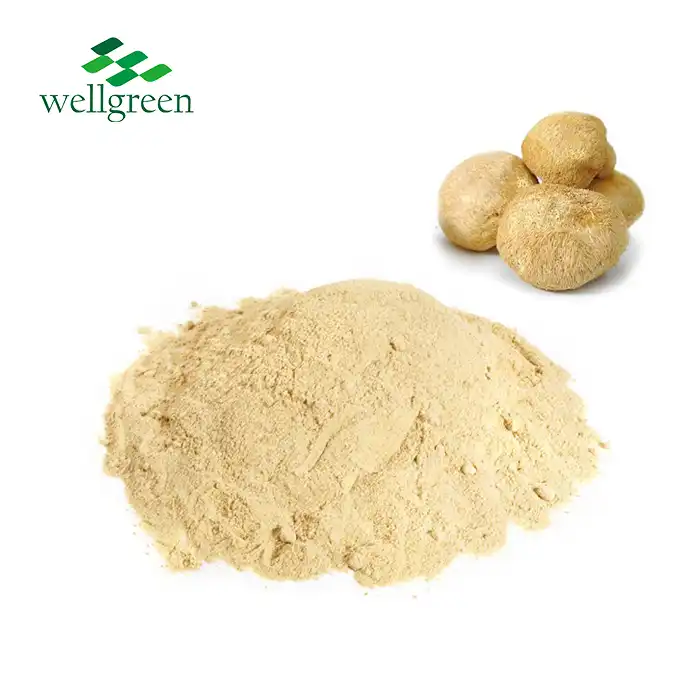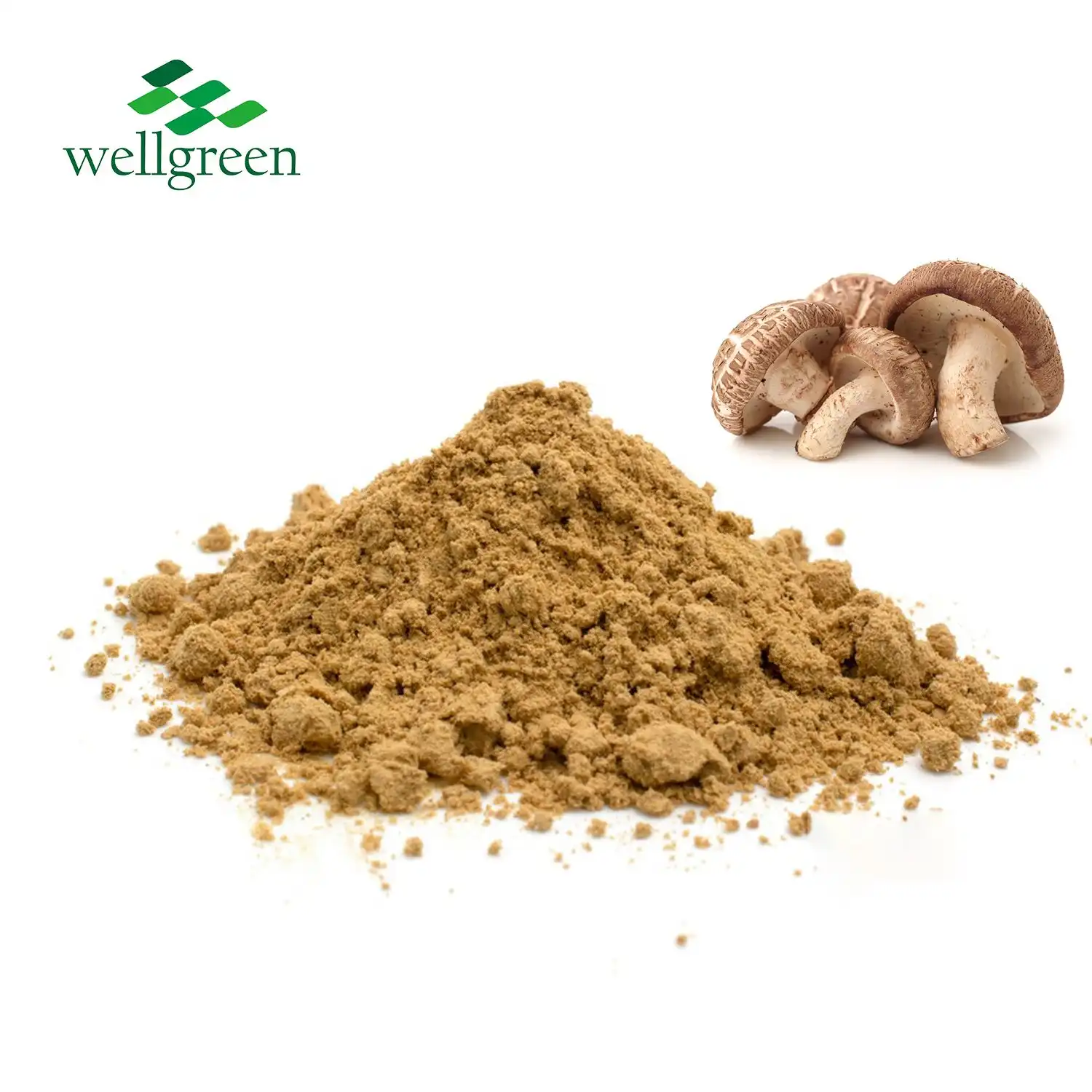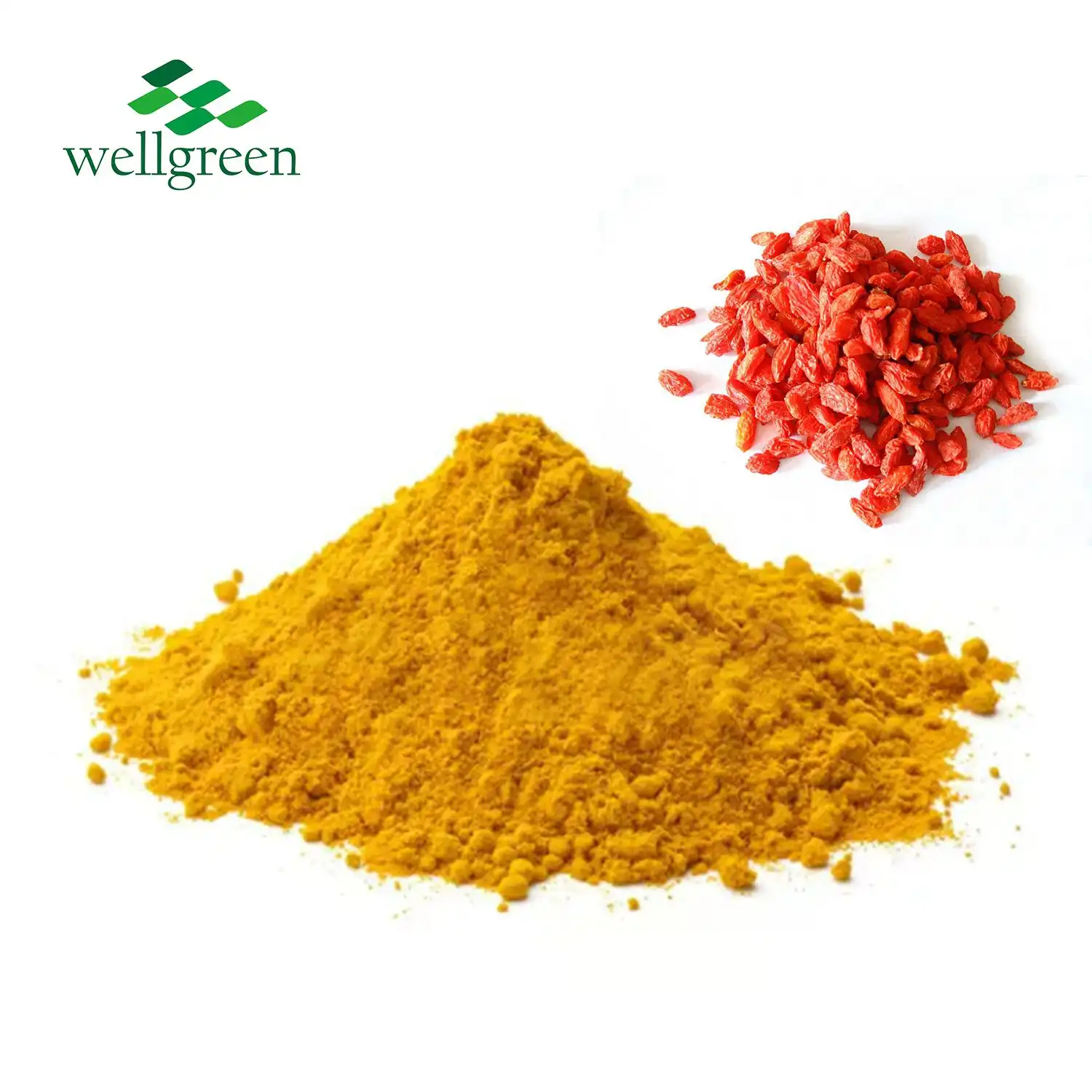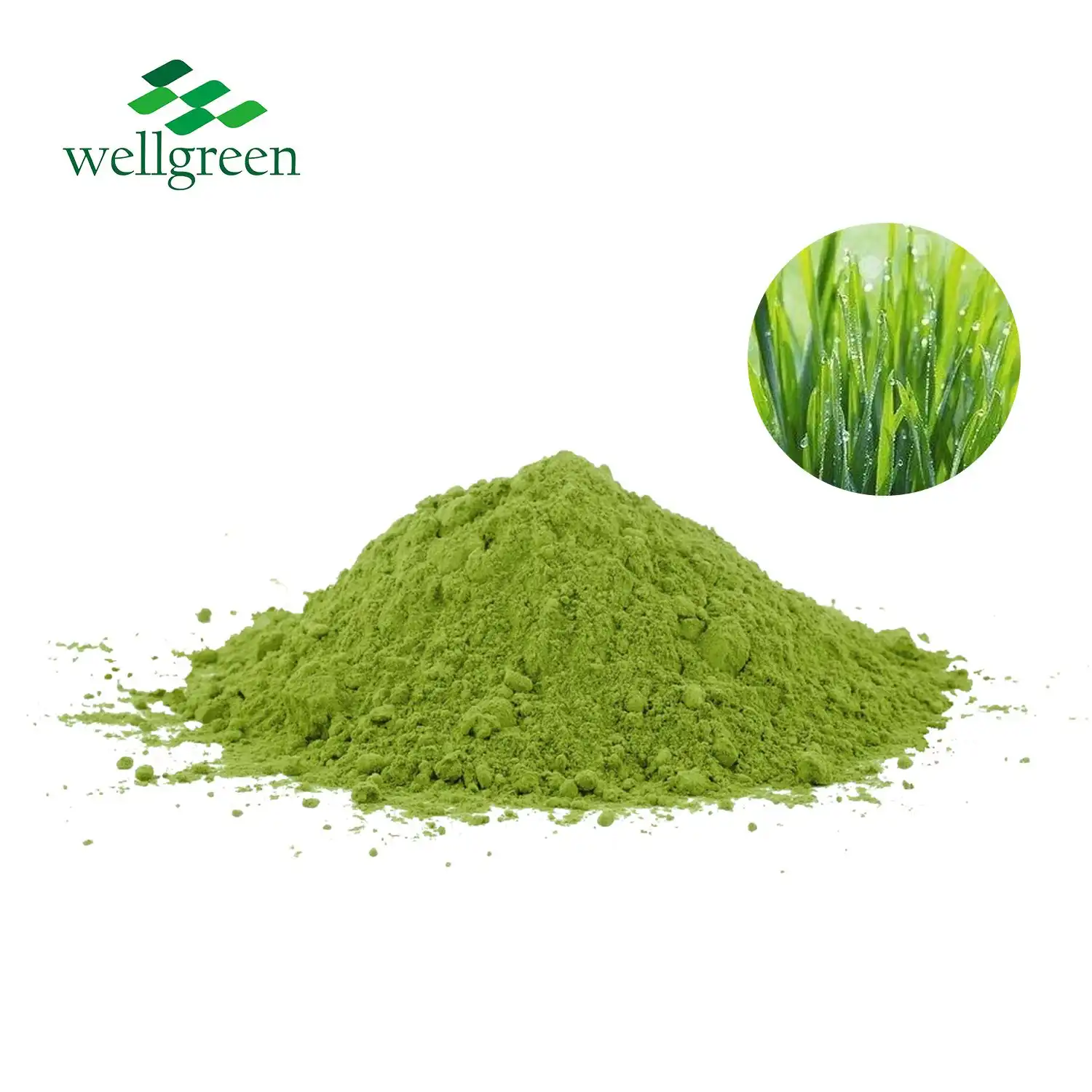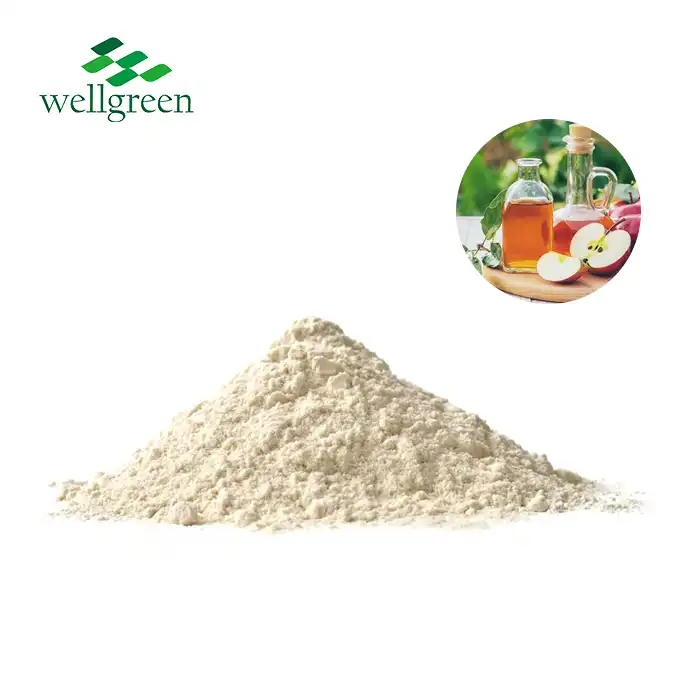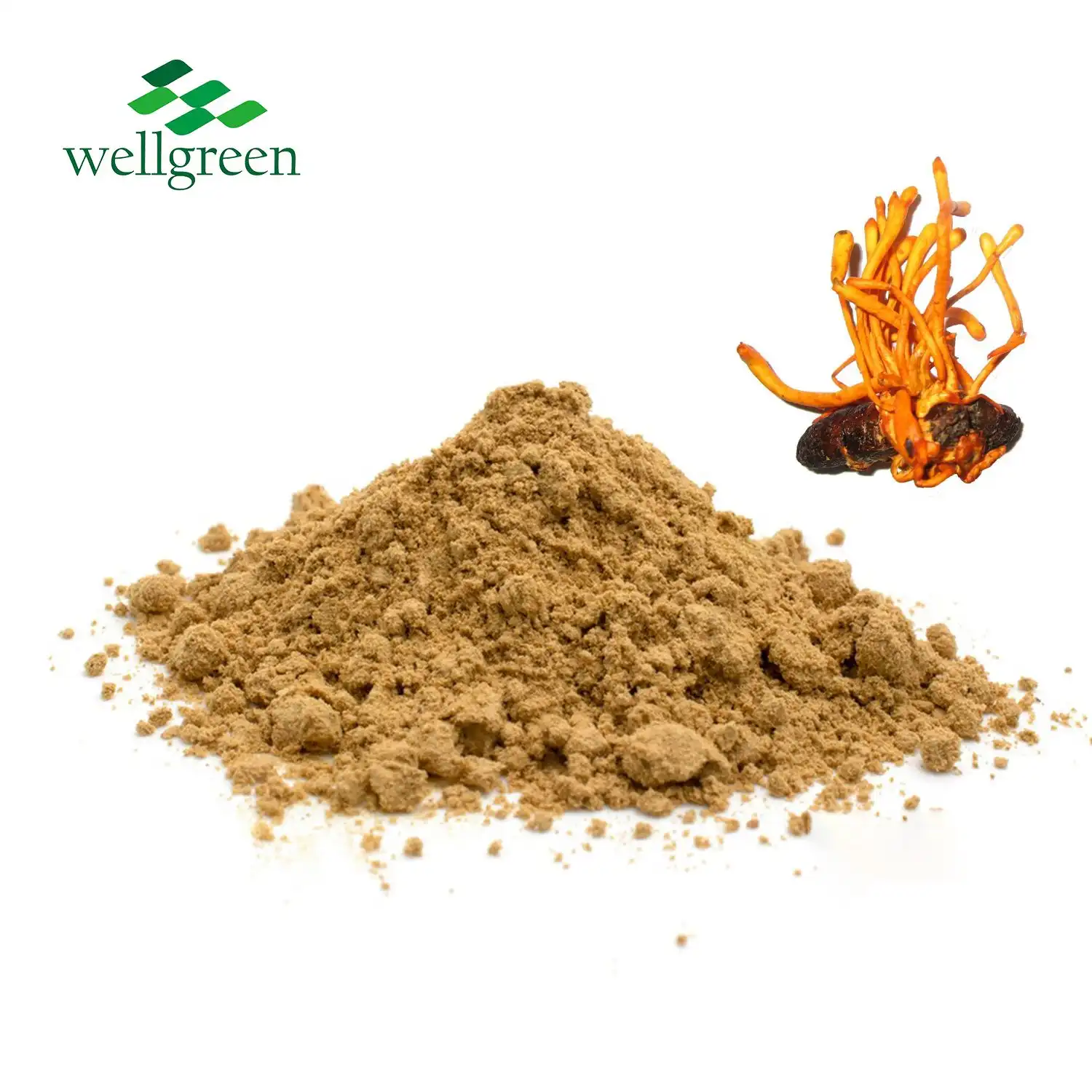What does Yucca Extract do for Soil?
2025-06-23 14:01:15
Yucca extract, derived from the yucca plant, is a powerful natural soil amendment that offers numerous benefits for soil health and plant growth. This versatile extract enhances soil structure, improves water retention, and promotes nutrient uptake. Yucca extract powder and yucca plant extract contain natural saponins that act as organic wetting agents, reducing soil compaction and increasing water infiltration. Additionally, yucca extract stimulates beneficial microbial activity in the soil, leading to improved nutrient availability for plants. By incorporating yucca extract into soil management practices, gardeners and farmers can enhance soil fertility, reduce water usage, and promote healthier, more robust plant growth naturally and sustainably.
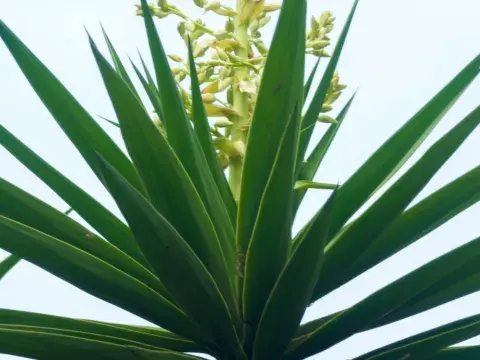
How does Yucca Extract Improve Water Retention and Soil Permeability?
Enhanced Soil Structure
Yucca extract powder plays a crucial role in improving soil structure by breaking down compacted soil particles. The natural saponins present in yucca plant extract act as organic surfactants, reducing surface tension between soil particles. This action helps to create a more porous soil structure, allowing for better water infiltration and root penetration. As a result, soil treated with yucca extract becomes less prone to compaction and erosion, promoting a healthier growing environment for plants.
Increased Water Holding Capacity
One of the most significant benefits of yucca extract for soil is its ability to enhance water retention. The surfactant properties of yucca saponins help water spread more evenly throughout the soil profile, rather than running off or pooling on the surface. This improved water distribution allows the soil to hold onto moisture for longer periods, reducing the frequency of watering needed and helping plants survive during dry spells. The increased water holding capacity is particularly beneficial in sandy soils or in regions prone to drought.
Improved Nutrient Absorption
By enhancing soil permeability and water retention, yucca extract also facilitates better nutrient absorption by plants. As water moves more freely through the soil, it carries dissolved nutrients along with it, making them more accessible to plant roots. This improved nutrient mobility can lead to more efficient fertilizer use and reduced nutrient leaching, benefiting both plant health and environmental sustainability. The enhanced soil structure also promotes better root development, allowing plants to explore a larger soil volume and access more nutrients.
Soil Conditioning Through Natural Wetting Agents
Organic Surfactant Properties
Yucca extract serves as a natural and organic alternative to synthetic soil wetting agents. The saponins in yucca plant extract function as biodegradable surfactants, effectively reducing the surface tension of water. This property allows water to spread more evenly across soil particles and penetrate more deeply into the soil profile. Unlike chemical wetting agents, yucca extract provides these benefits without introducing harmful residues into the soil ecosystem, making it an ideal choice for organic gardening and sustainable agriculture practices.
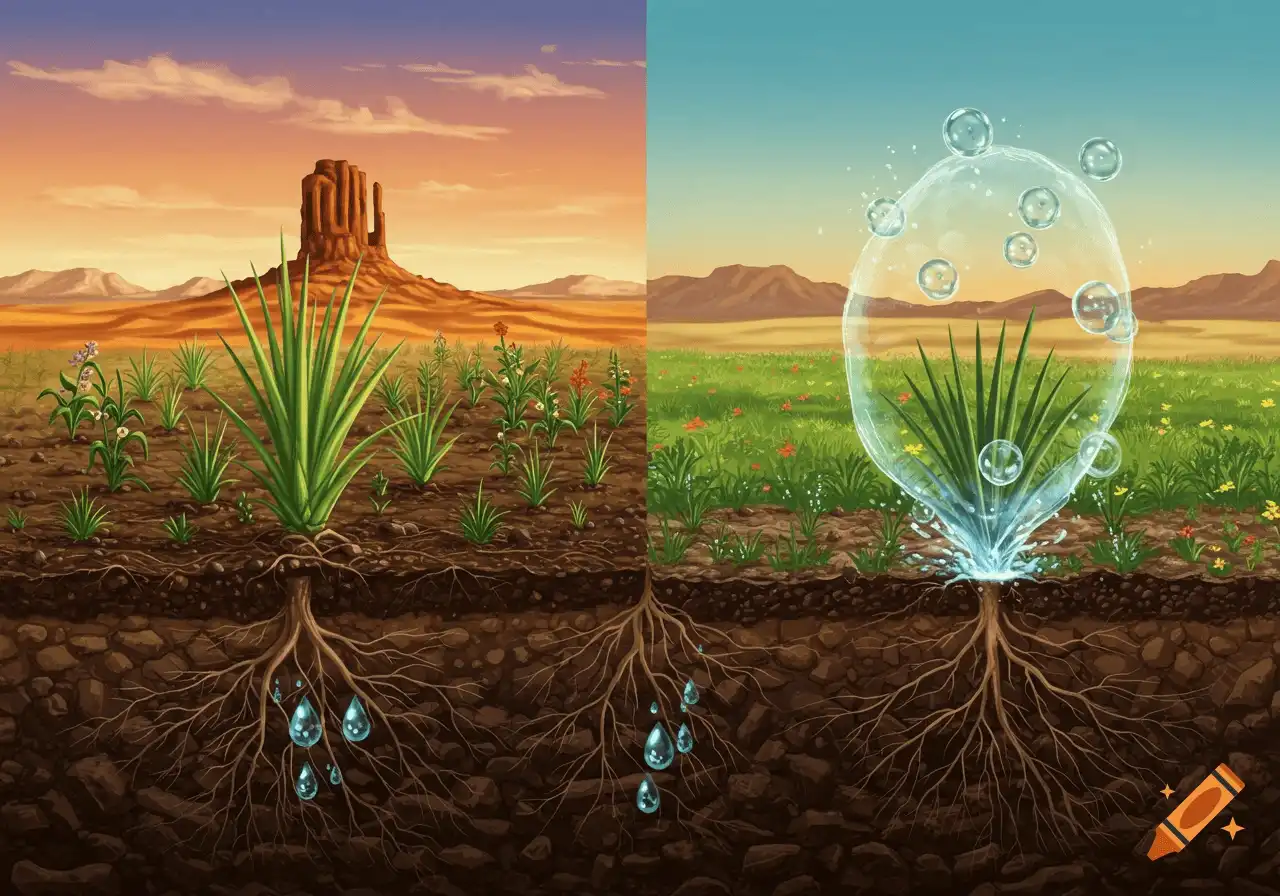
Alleviating Soil Hydrophobicity
Soil hydrophobicity, or water repellency, is a common issue in many soils, particularly those with high organic matter content or those that have experienced prolonged dry periods. Yucca extract powder can help alleviate this problem by breaking down the waxy, hydrophobic coatings on soil particles. By doing so, it allows water to more readily infiltrate the soil, reducing runoff and ensuring that water reaches plant roots where it's needed most. This effect is particularly beneficial in container gardening, where soil can become hydrophobic due to frequent drying cycles.
Balancing Soil Moisture Levels
The wetting agent properties of yucca extract contribute to more balanced soil moisture levels. By improving water distribution throughout the soil profile, yucca extract helps prevent the formation of dry spots and oversaturated areas. This balanced moisture distribution creates a more uniform growing environment for plant roots, reducing stress and promoting healthier growth. Additionally, the improved moisture balance can help mitigate issues related to uneven watering, such as nutrient deficiencies or root rot in overwatered areas.
Promoting Microbial Activity and Nutrient Uptake
Stimulating Beneficial Microorganisms
Yucca extract plays a significant role in promoting soil microbial activity. The organic compounds found in yucca plant extract serve as a food source for beneficial soil microorganisms, including bacteria and fungi. These microorganisms are essential for maintaining soil health, as they break down organic matter, cycle nutrients, and form symbiotic relationships with plant roots. By stimulating microbial activity, yucca extract helps create a more diverse and robust soil ecosystem, which in turn supports healthier plant growth and increased resistance to soil-borne diseases.
Enhancing Nutrient Availability
The increased microbial activity stimulated by yucca extract leads to enhanced nutrient availability in the soil. As beneficial microorganisms break down organic matter, they release essential nutrients in forms that are more readily available to plants. This process, known as mineralization, can improve the efficiency of nutrient uptake by plants, potentially reducing the need for synthetic fertilizers. Additionally, some of the compounds in yucca extract may act as natural chelating agents, helping to make certain micronutrients more accessible to plant roots.
Supporting Mycorrhizal Associations
Yucca extract can also support the development of mycorrhizal associations between plant roots and beneficial fungi. These symbiotic relationships are crucial for plant health, as mycorrhizal fungi significantly extend the reach of plant root systems, allowing them to access water and nutrients from a larger soil volume. The improved soil structure and microbial activity promoted by yucca extract create an environment conducive to mycorrhizal growth. This can lead to improved plant nutrient uptake, increased drought resistance, and enhanced overall plant vigor.
Conclusion
Yucca extract offers a multitude of benefits for soil health and plant growth. By improving water retention, enhancing soil structure, and promoting beneficial microbial activity, yucca extract powder and yucca plant extract provide a natural and effective solution for soil conditioning. The organic wetting agent properties of yucca saponins help create an optimal growing environment, while supporting sustainable and environmentally friendly gardening and agricultural practices. Incorporating yucca extract into soil management strategies can lead to healthier plants, reduced water usage, and improved overall soil ecology.
Contact Us
To learn more about our high-quality yucca extract powder and how it can benefit your soil and plants, contact Xi'an wellgreen at wgt@allwellcn.com. Our expert team is ready to help you harness the power of natural plant extracts for your gardening or agricultural needs.
References
1. Smith, J.L. and Doran, J.W. (2020) "Soil Quality and Health: Indicators and Assessment Methods," Soil Science Society of America Journal, 84(6), pp. 2277-2296.
2. Chen, Y. and Aviad, T. (2018) "Effects of Humic Substances on Plant Growth," in Soil Organic Matter in Sustainable Agriculture. CRC Press, pp. 161-186.
3. Wang, D. et al. (2019) "Yucca Schidigera Extract: A Review of Chemistry and Biological Activities," Journal of Agricultural and Food Chemistry, 67(11), pp. 3019-3032.
4. Patel, A.D. and Pande, M. (2021) "Application of Plant-Based Surfactants in Agriculture: A Review," Journal of Cleaner Production, 295, p. 126403.
5. Rillig, M.C. et al. (2019) "The Role of Soil Microbes in the Global Carbon Cycle: Tracking the Below-Ground Microbial Processing of Plant-Derived Carbon for Manipulating Carbon Dynamics in Agricultural Systems," Agriculture, Ecosystems & Environment, 287, p. 106662.
6. Barea, J.M. et al. (2017) "Microbial Cooperation in the Rhizosphere," Journal of Experimental Botany, 68(1), pp. 1-20.

